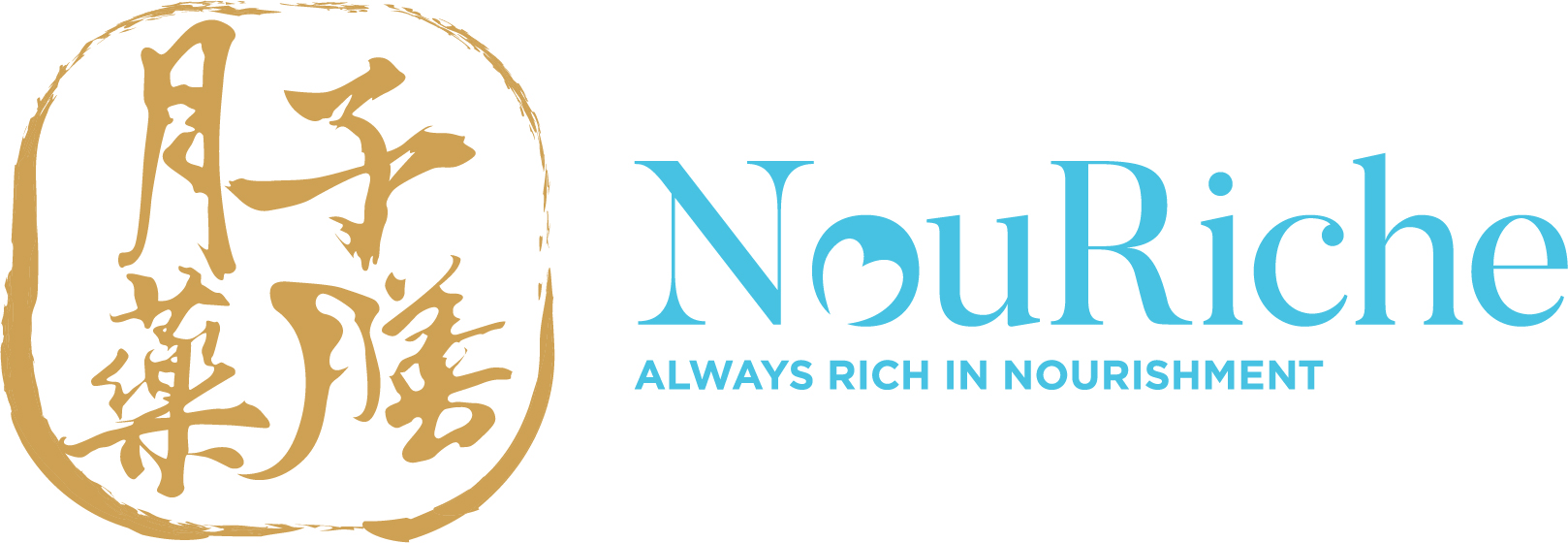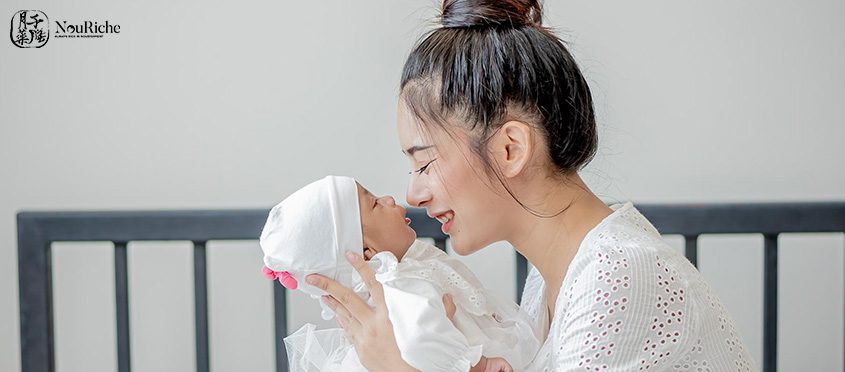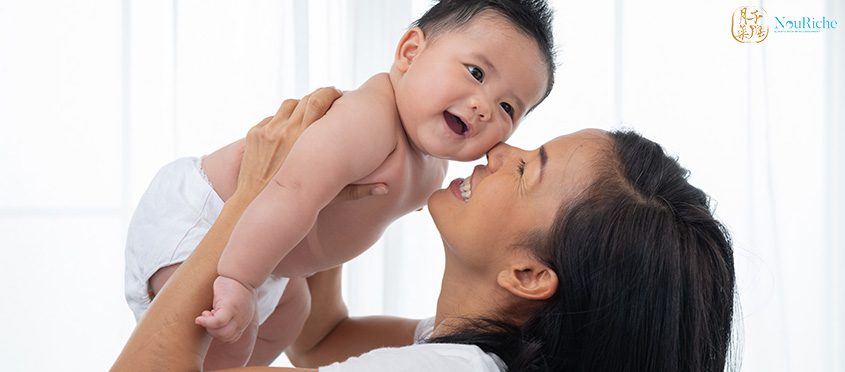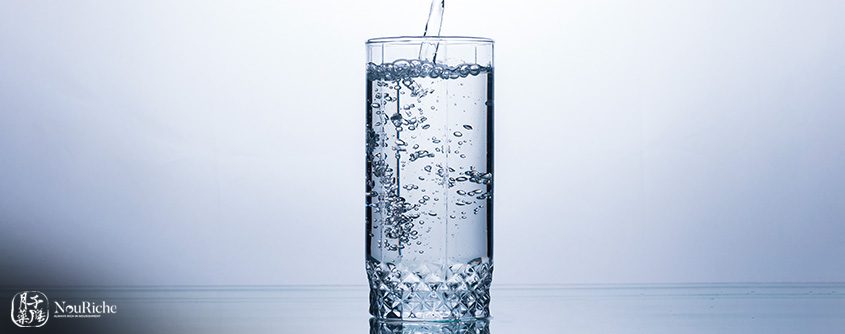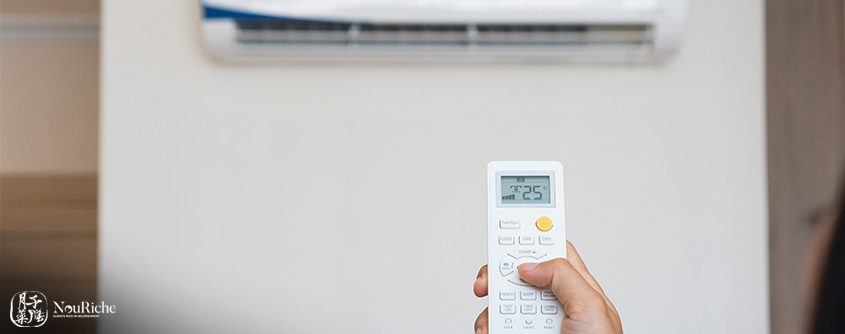Confinement can be a particularly stressful period for new mothers who have to attend to a newborn baby while their body recovers from the toils of the delivery process. From the TCM perspective, this is a crucial period to nourish a mother’s body and restore her energy to optimal levels. Traditional confinement practices involve the usage of herbs to improve a mother’s immune system and regain the ‘Qi’ which was depleted during labour. This is regarded as the main element to help with postpartum recovery, and is often used in Chinese confinement food, beverages, and even baths. NouRiche is a leading provider of confinement food in Singapore, and this article dives into the herbs that mothers should consume during confinement, and how these herbs can be incorporated into their lifestyles.
Red dates, Dang Shen and wolfberries: Teas and soups
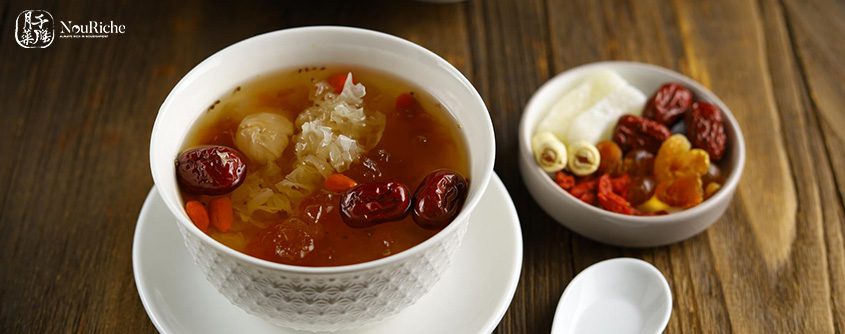
Cold beverages are believed to have a “cooling” effect which slows down the recovery of a new mother, and may result in poorer health. That is why mothers are advised to take only hot beverages, with traditional practices recommending hot teas and soups as part of a confinement diet. Adding wolfberries into teas and soups is beneficial for being high in antioxidants and packed with minerals that detoxify the body. It is also known to reduce stress and fatigue, on top of being excellent for nourishing the liver and kidneys.
Red dates, paired with several other herbs such as longans, are often prepared as a nourishing tea to replenish the necessary nutrients and revitalise blood that a mother has lost during delivery. This is especially remedial as a rich source of iron that replenishes red blood cells and enhances the immune system.
Dang Shen is commonly used in Chinese confinement food to correct ‘Qi’ and improve blood circulation to revitalise the body. In addition, it is also known to stimulate appetite and boost immunity levels.
Dang Gui, Bei Qi, Chinese Yam: Herbal soups
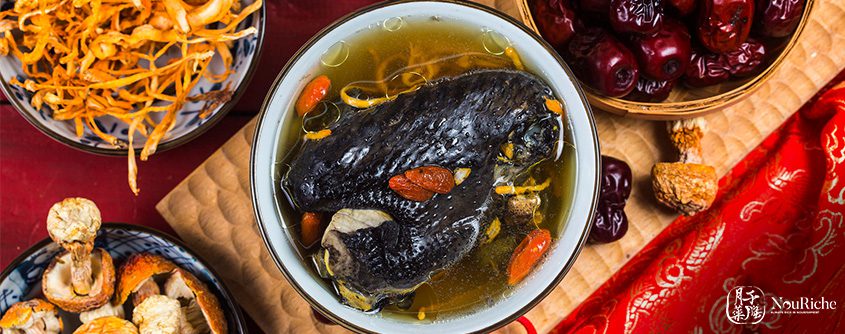
Herbal soups not only restore warmth and energy in the body of a mother, but also aids in boosting immunity. Dang Gui, also known as the Angelica Sinesis, is frequently used in soups to enrich the blood, promote circulation and regulate the body’s immune system – all of which are crucial for the restoration of health for new mothers.
Bei Qi comes with anti-inflammatory properties and protects the cardiovascular system. This herb also contains antioxidative, as well as anti-ageing capabilities.
Chinese yam is an ingredient that has been found to aid digestion, nourish blood and strengthen the spleen. It also contains antioxidants and properties that improve kidney and liver function.
Ginger, Lemongrass: Herbal bath
Confinement herbal baths are traditionally used by Asian women after childbirth, and are vital for the recovery of postnatal mothers. The most common herbs include ginger and lemongrass which help expel wind, remove dampness, disperse swelling, and alleviate pain.
Black date tea
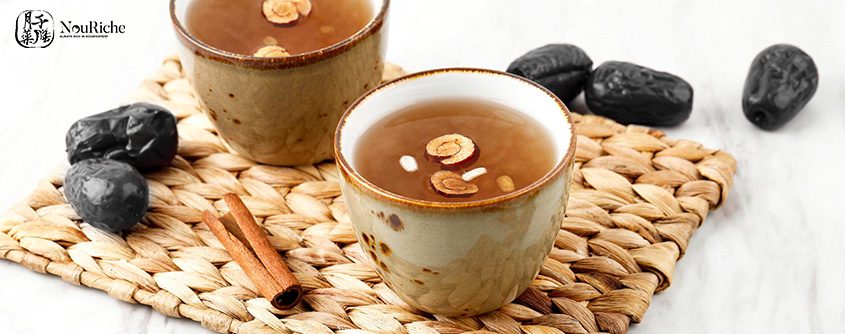
Black dates are another common Chinese herb used in soups and teas. More “heaty” compared to red dates in Traditional Chinese Medicine (TCM), these herbs are especially suited for women undergoing confinement. Additionally, black dates are often also added in teas for sweetness, and to “tonify” the spleen and stomach.
Du Zhong
Most commonly included in herbal soups, Du Zhong is known to regulate and improve the immune and central nervous systems. It comes with benefits such as nourishing the liver and kidneys, as well as strengthening bones and muscles.
We hope this article has provided some insight into the Chinese herbs that you should incorporate into your postpartum confinement. The herbs mentioned all play significant roles in boosting immunity, restoring energy and blood levels, and driving out the wind from the body. Try incorporating them in your confinement foods for maximum benefit.
NouRiche is a provider of confinement catering services in Singapore that aims to support new mothers with the nutrients they need for an effective and speedy recovery. Speak with us today to find out more about our confinement food packages!
